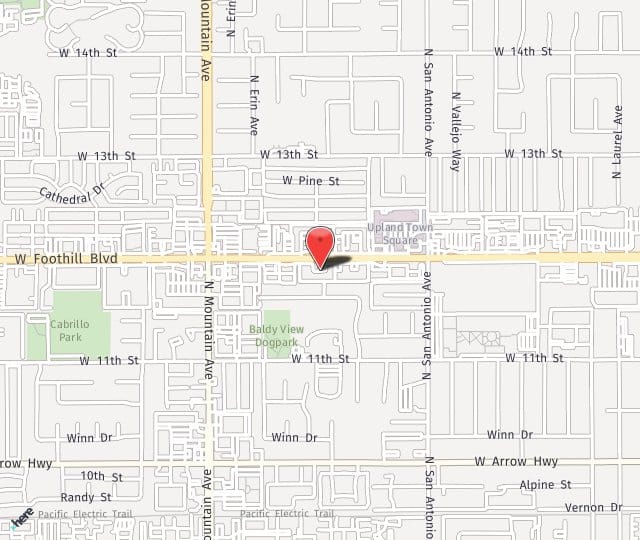An estimated 70 million Americans suffer from chronic pain. Chronic pain is a major medical condition distinctly different from and more complex than acute pain. Whereas acute pain is a normal sensation triggered in the nervous system to alert the body to possible injury, chronic pain is a state in which pain persists, for many months or years, beyond the normal course required by healing. The effects, both economic and personal, associated with chronic pain can be significant. They include loss of income; debt from costly medical treatment; impaired mobility; and anxiety and depression.
The causes of chronic pain are not always clear. Past traumatic injuries, congenital conditions, cancer, arthritis or other disorders may seem to be obvious culprits, but, in many cases, finding the source of chronic pain is difficult. This makes it hard to treat, so pain management usually takes a multidisciplinary approach.
Pain-management specialists are medical professionals well-trained in the diagnosis and treatment of acute, sub-acute and chronic muscle and nerve pain. Board-certified in this specialty and employing the most advanced treatment techniques, pain-management physicians work one-on-one with patients who suffer from chronic pain to determine the best treatment plan for relieving symptoms, and allowing resumption and enjoyment of everyday activities.
Causes of Chronic Pain
Chronic pain can develop from several different conditions. Back pain is an extremely common form of chronic pain, and can result from many causes, including herniated discs, stenosis, scoliosis, compression fractures and sciatica. Back pain can be radicular, meaning it travels down the arms or legs. Other causes of chronic pain that may require serious pain management include the following:
- Headache
- Injury
- Cancer
- Reflex sympathetic dystrophy (RSD)
- Fibromyalgia
- Diabetic neuropathy
- Trigeminal neuralgia
- Osteo-, psoriatic or rheumatoid arthritis
- Inflammatory bowel disease
- Depression or other psychiatric disorders
Any chronic pain should be diagnosed by a qualified physician so that it can be appropriately treated.
Pain-Management Treatments
Treatments for chronic pain focus on relieving symptoms and/or treating underlying conditions, and vary depending on the cause and severity of the condition, as well as the patient's overall health and medical history. Below are some of the most common treatments for chronic pain.
Medications
Over-the-counter nonsteroidal anti-inflammatory medications (NSAIDs) are often the first choice for treating chronic pain. Corticosteroids and stronger prescription pain medications (often opioids) are used when NSAIDs are ineffective. Opioids include codeine, oxycodone, percodan and morphine. Because these medications have some serious side effects, doctors usually recommend using alternative pain-management techniques whenever possible. In some cases, antidepressants are prescribed, often to supplement analgesics.
Injections
Injections are one of the most effective treatment options for pain management because they block nerve signals, relieving pain and inflammation. Injections are administered directly into the affected area, and are often composed of corticosteroids, BOTOX® Cosmetic or sclerosing solutions.
Electrical Stimulation
Through a small battery-operated device worn on the body, transcutaneous electrical nerve stimulation relieves pain by stimulating the nerves that target the affected area. It is not painful, and is considered safe for most patients.
Surgery
For the most severe cases that do not respond to less-invasive treatments, surgery may be an option. Types of pain-relieving surgery include joint replacement, cartilage repair and denervation.
Multidisciplinary Approach
Most patients benefit from a combination of treatments in order to achieve successful pain relief. Treatment is usually performed by a number of different physicians, therapists, chiropractors and other healthcare providers.
Pain-management specialists sometimes function as team coordinators of individualized treatment plans.

